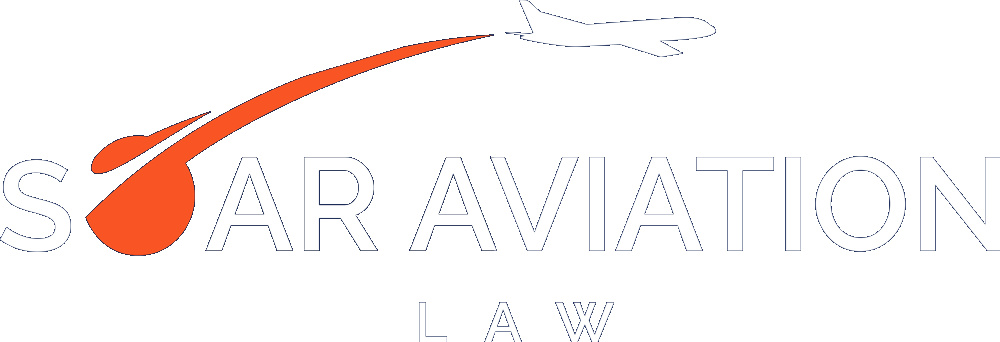
During the pandemic, private aviation boomed and many private aviation providers flourished. With the private aviation market normalizing, some of the companies who launched their businesses during the past three years or were struggling prior to the pandemic, are facing significant challenges. I am often asked for recommendations on selecting the right private aviation provider. I think one of the best things to do is ask impartial members of the aviation community, who have knowledge of most private aviation providers, what insight they may have. Additionally, I would avoid selecting a provider simply because a friend recommended them. The following are an example of some of the questions I would use as I evaluate providers and their product offerings:
1. Is the pricing too good to be true?
2. Does the program make sense from a business perspective and seem like something that is sustainable?
3. Does the company have a proven business model that has been around long enough to show it can sustain the cyclical nature of business aviation?
4. Does the provider have a proven safety record? Does the provider have a safety management system? Has the provider received any designations from third party auditors, such as from ARGUS or Wyvern?
5. Are there any financials of the company that the executive team is willing to share with prospective customers?
6. Who are the executives running the business and what is their background in aviation? Do they have proven success in the aviation industry or have they surrounded themselves with a team of successful leaders in private aviation?
7. Is the provider a charter operator who has its own Part 135 certificate or is the provider a charter broker who depends on other charter operators to fulfill their demand.
8. If the company is a charter operator, how much demand are they fulfilling on their own fleet vs. the use of third-party providers.
9. If outside charter sources are used to cover demand, what are the requirements to be an approved vendor for the provider?
10. Are the hourly prices fixed (guaranteed pricing) or do they allow for variable costs to account for factors the provider cannot control, such as fuel and other third party costs?
11. How are high demand days handled? Can the provider really guarantee their service 365 days a year without putting themselves out of business?
12. Are the insurance levels provided under the program sufficient? If they are lower than the industry norms, why are they low? Is it due to the inability to get more insurance or just an election to keep pricing low?
13. If the provider is not successful are any amounts that are pre-paid recoverable.
a. Are the funds in a segregated account controlled by the customer or are they comingled in a company account.
b. Are the funds being used to purchase an asset, such as a percentage of an aircraft, or just pre-payment for future services with no asset?
Charter demand and charter pricing fluctuates month to month and year to year. Private aviation is a cyclical business. Companies who started during the pandemic and believe that the best year is going to be every year will have a difficult time when charter demand changes or when other factors that affect operating costs are not accounted for in their pricing model.
In order to avoid high-risk providers, I recommend doing your homework or hiring someone to conduct the due diligence necessary to feel secure about your selected provider from both a safety and financial perspective.
